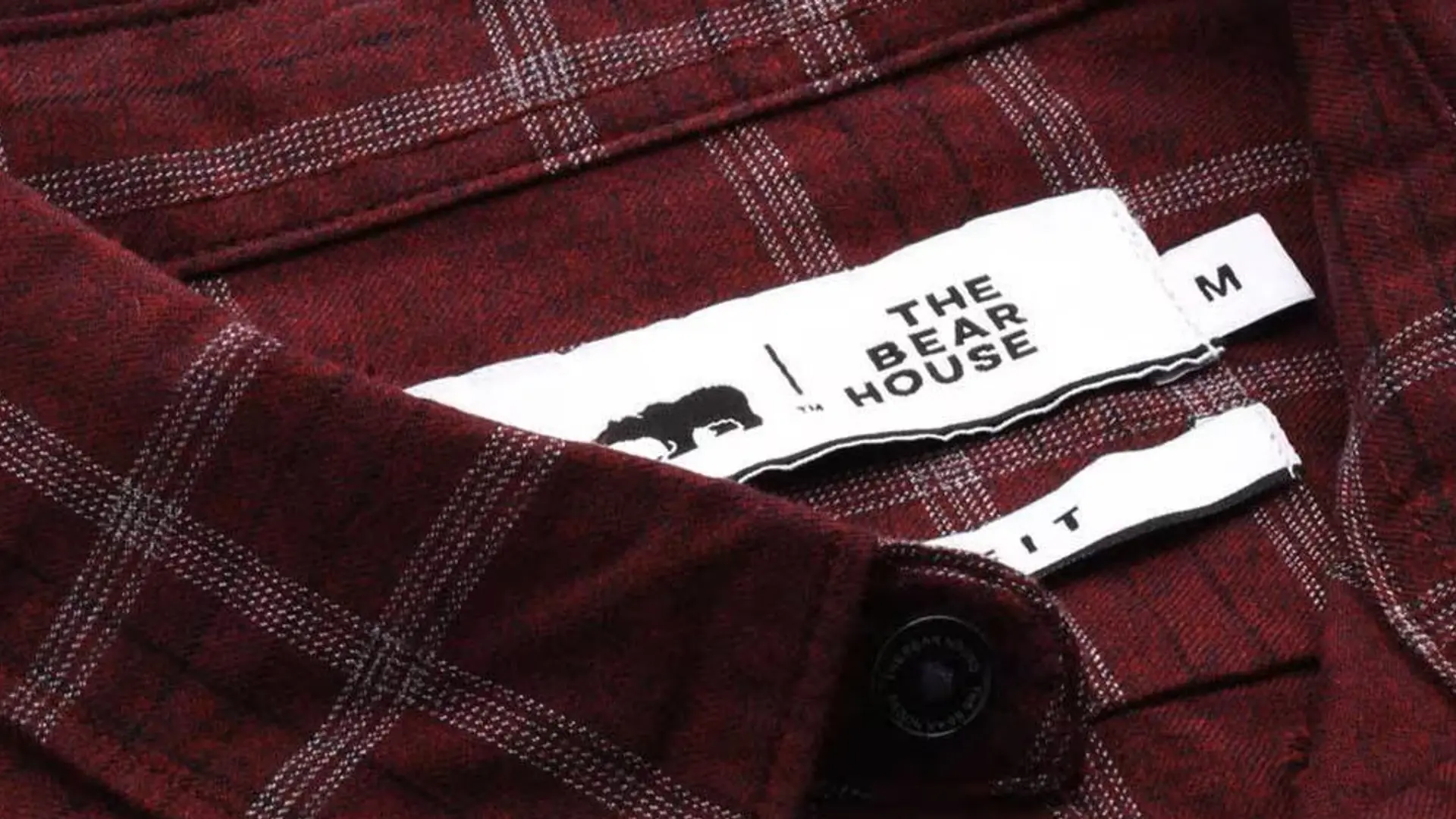Why this startup Redesyn-ed its business strategy and moved away from the ecommerce play
From an ecommerce platform for curated apparel and lifestyle products, SINS has pivoted to Redesyn a community-driven model and claims to offer design by the people, for the people.
Startup: Redesyn
Founders: Shikhar Vaidya, Smriti Dubey, and Pratyush Singh
Year it was founded: 2015
Sector: Fashion
Funding raised: Angel
Based out of: Mumbai
When Shikhar Vaidya, Smriti Dubey, and Pratyush Singh started SINS - Synonym of Indian Style, an indo-fusion clothing brand, they saw several loopholes and entry barriers for any new designer label in the Indian apparel retail market.
The platform began by curating graphic art and design on clothing and lifestyle products for men and women. The team also noticed that an increasing number of smaller designers and labels were into the Indian pop and kitsch space.
But whether it was sourcing, manufacturing, tie-ups, or retail, the journey of being able to launch one’s collection and create a distinct identity was difficult.
A community always works better
The friends found that several people want to make merchandise, but wouldn't or couldn't because the current providers were slow, clunky or limited.
“Due to that many would settle for poor quality products, or just not pursue the idea,” Smriti says. “As a startup label with minimal resources, we had just started scraping the surface of problems that a young brand or designer looking to launch their merchandise would face,” she adds.
The SINS team felt that the scope of engagement was limited to the story around the brand, but as a community every individual had a unique story to share or creative aspiration to realise.
“It was only after the first three months of engaging with designers and influencers that we understood how a community is way more powerful and connected as opposed to connecting with a brand,” Smriti says.

The need to pivot
“Hence we decided to go back to our sketching board, re-design our identity and what we stood for. Thus SINS turned to Redesyn; this meant we could give designers, brands, influencers, or even customers an opportunity to design merchandise, when they want, and how they want,” Smriti says.
SINS was a clothing brand, but Redesyn works as a tech solutions provider to designers, brands, and influencers. As they had pivoted their business model, it made sense that branding followed suit.
“With Redesyn, we pivoted to a designer-first approach and hence decided to shift the brand identity alongside business processes,” Smriti says.
Smriti says being able to humanise the online experience when engaging with creative users was important for the vision. Redesyn aims to nurture the community and make it a bigger part of the merchandise experience.
“With Redesyn, you're not just buying unique merchandise, but also helping individual artists carve a niche and make a living via their creative skills. After the pivot, designers have been able to engage their own social media following and create a brand around their own work,” she says.
Growth after pivoting
The team says that after the pivot they have been able to power merchandise solutions for over 1,000 designers and acquisition cost has lowered by 15 percent.
This, the founders feel, is primarily due to the engagement that designers and artists generate on Instagram and Facebook, by communicating directly with their fanbase, bringing down the cost of acquiring a customer.
Also, users acquired directly by designers stay longer and increase their basket size by over 45 percent in future purchases.
“Internally, there's a huge shift in the team mindset towards efficient execution. It has been a tough shift to make, but at the same time it was a salient one. Our infrastructure is much more reliable, which enables us to closely monitor multiple variables across verticals. Micromanagement of private labels and how they perform is key to our growth strategy,” Smriti explains.
Others in the space
Currently, there are several niche e-commerce platforms that connect designers and artists to consumers. LoveThisStuff, Qtrove, Engrave, Kraftly and Tjori are multi-category marketplaces, but operate very differently from Flipkart, Amazon and Snapdeal. And yet, most have raised only a few lakhs to a couple of crores in funding.
There are also a growing number of players who are building designer communities; these include Colorpur, Paintcollar and Zwende to name a few.
Redesyn claims to have over 20,000 active monthly users, a customer acquisition cost of Rs 175, and gross margins of 65 percent.
Future plans
Redesyn also claims to have over 150 active designers, who get a total of over 1,100 orders a month.
“Outside the website we are engaging influencers and content creation platforms, YouTube channels, beerpong festivals, and dance studios to power their merchandise,” Smriti says. Redesyn has raised an undisclosed amount of funding from angel investor Ashok Shrivastav. Currently, the team claims to be collaborating with brands, media houses, and influencers to launch their private labels on the platform.
“We are also aggregating A-line designers with an eye for better design. We're launching our app in three months; it will be a lot more user-friendly. The platform will have multiple exciting shops for visitors with a lot of creative content and collections,” Smriti says.







